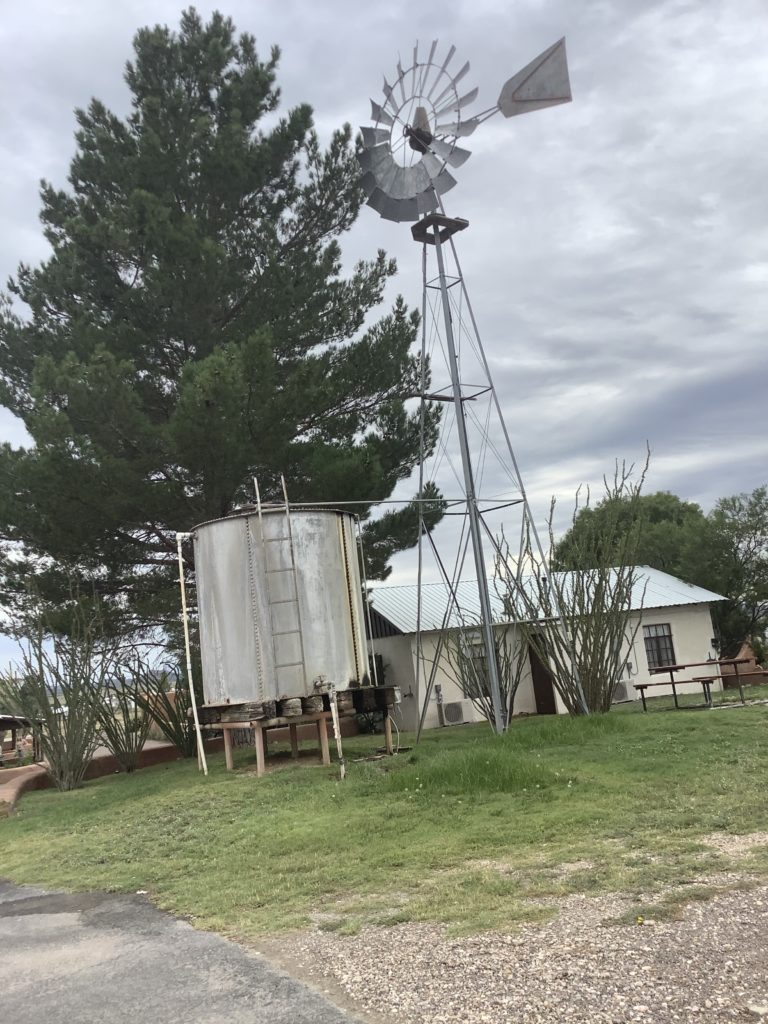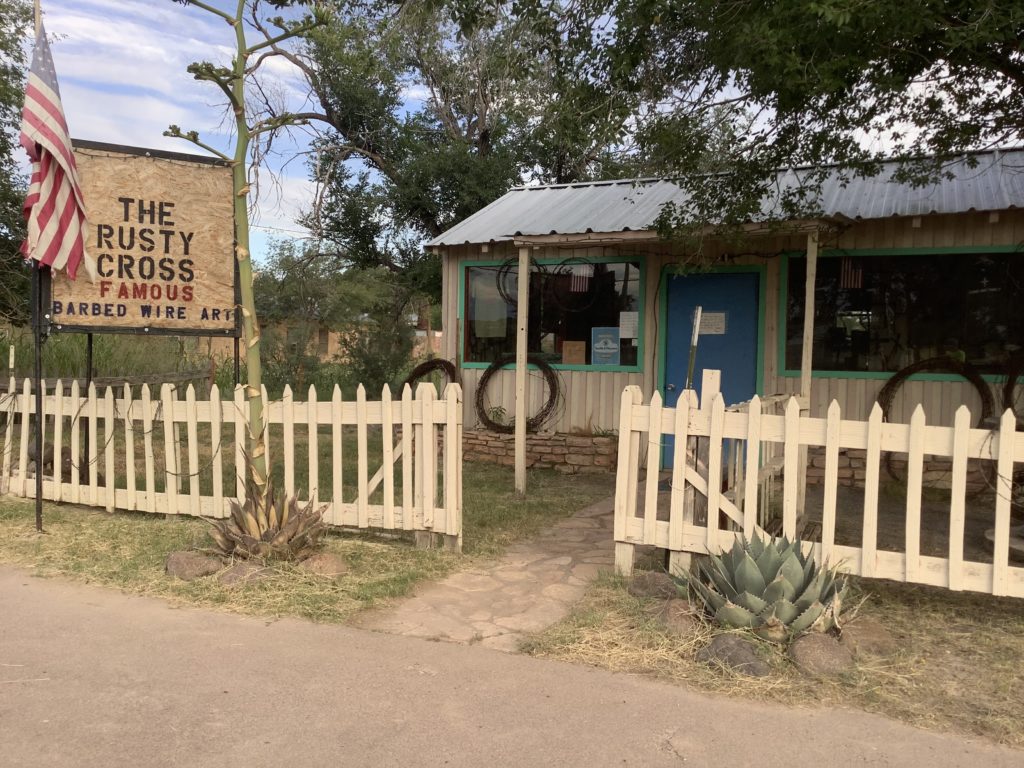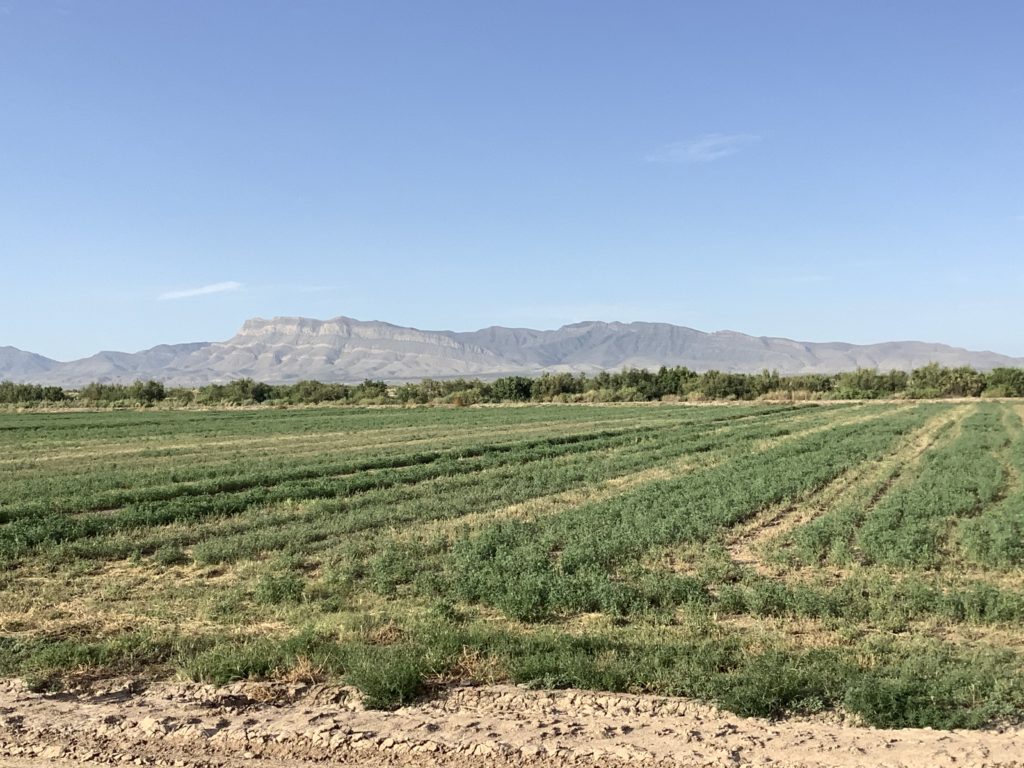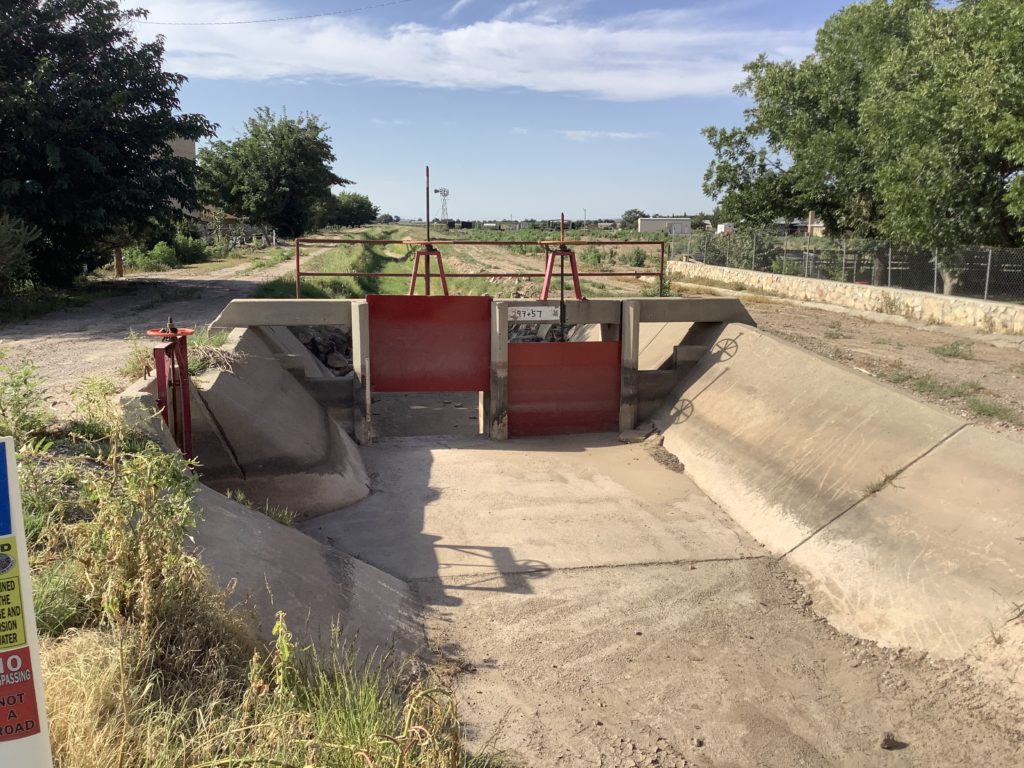By Doug Creamer
Love thy Neighbors
I live in a good community. Recently, several neighbors wanted to meet with our town mayor and police chief to discuss how to keep our neighborhood safe and outside solicitors out. It was a good meeting that I hope will result in some positive steps being taken to accomplish that goal.
I am fortunate to live in a good community with people who look out for each other. If the power goes out, we check on each other. If an emergency vehicle comes into our community, you can be certain that neighbors are there to check on each other.
I don’t know every neighbor’s name, but we all wave as we pass each other. Several of my neighbors enjoy walking and we have a great place for that. I enjoy walking, but not in this summer heat. I will resume walking once the weather cools down.
One thing I have noticed the longer I live is that we all go through times when we need someone to give us a hand. We certainly go through times when prayers are desperately appreciated. Several of my neighbors have had extended hospital stays and much prayer has brought them safely home to us. Others have faced loss and needed not only our prayers but help in practical ways, too.
Sometimes prayers are needed for matters that are not life and death. Some of my neighbors have elderly parents. Some of my neighbors have sent their children back to school. Please take time to pray for our schools as COVID is making it difficult to have in-person class instruction, which I can assure you is far better than online learning.
Other neighbors have taken their children back to colleges or universities. Their once bustling nests are all too quiet. My sister took her daughter back to my old alma mater, where she hopes to enjoy her junior year. She has also taken her second child off to Virginia Military Institute, where he will face many challenges to see if he is ready to rise and become a strong military leader. He has my prayers, but I know he will do great.
Every person faces their own struggles, their own need for prayer. Some are willing to share, while others bear their pain and needs privately. While it is not appropriate to share all your private struggles, it’s okay to acknowledge your need for prayer or to ask a neighbor for a helping hand. I feel in my neighborhood people would be standing in line to give another a helping hand.
As I write this, I realize that neighbors are not just the people who live around you. In my case, my neighbors are members of my church family. If I were to mention a need at my church, there would several guys over here the next day willing to help me out. If someone in my church is hurting, you can be sure that someone will be there to bring comfort and an encouraging word.
I actually think neighbors go beyond the people in your community and church. I remember when Hurricane Andrew left destruction in Florida, a retired friend joined a group of guys and went down to help repair people’s homes. I remember similar things after Hugo went through our area.
Jesus taught us to love our neighbors. I think loving and caring for them is an important witness to our lives. In Jesus’ day the Jews hated the Samaritans, so the parable of the good Samaritan was probably hard for His Jewish followers to swallow. The woman at the well was from Samaria. It was in Samaria that Jesus revealed to the people that He was the messiah. So maybe our neighbors reach beyond our communities to our neighbors around the world.
I believe it is important that we be careful and vigilant for our safety around strangers because we know that evil exists in our world. But we can’t allow that to stop us from reaching out if we exercise wisdom. Ask for God’s guidance as you help those in need.
I want to encourage you to consider how you can help a neighbor. What can you do to physically help or how can you pray for them? Sometimes a simple pat on the back or a word of encouragement can be a lifesaver. I believe when we help someone the door is open to share our faith, the reason for our hope. Your helping hand might open their heart to God’s love.
Doug Creamer has a new book at Amazon: EncouragingU: Summer Stories. Contact him at PO Box 777, Faith, NC 28041or doug@dougcreamer.com





